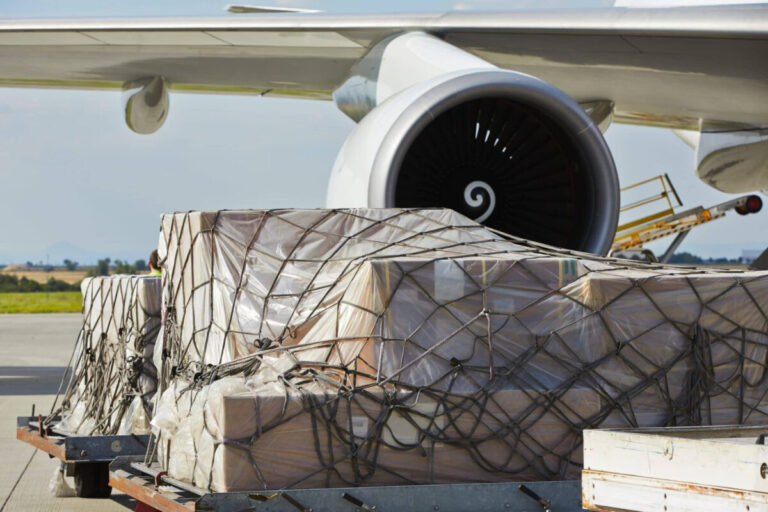Additional taxes risk undermining global communication, economic growth and climate work
Montreal, July 9, 2025 ACI World expressed serious concerns regarding the decision of France, Kenya, Brabados, Spain, Somalia, Banin, Sierra Leone, Antigua and Berboda to launch an alliance before COP30, focused on providing a new tax on air transport – with a special focus on contemporary travelers – a way to develop boxes, delegates, and time.
ACI World warns that despite good faith, such tax risks undermine the decisive role of the air transport sector in advancing economic development, global communication and sustainability.
“We fully support the global endeavor for sustainable development and climate flexibility,” he said, “He said,” Justin Erbashe, General Manager of ACI World. “However, it is likely to undermine the targeting of aviation with additional connection and economic growth that supports these targets. The aviation sector must be enabled-and not to punish-if we want to achieve long-term global progress.”
The flight tax threatens air connection and economic growth
Aviation taxes have proven that they hinder air contact and negatively affect regional economic growth. The economic benefits lost due to these taxes can be the largest twice the size of governments revenue from them. ACI research on Imposing taxes on air transport and international airports It is estimated that removing 90 billion dollars from the taxes paid by aviation users will create 5.2 million jobs and $ 180 billion in global gross domestic product.
New taxes, such as a proposed, also risk affecting areas that are particularly dependent on air contact with trade, tourism and broader development.
Moreover, the eight states have announced plans to invest “all or parts of revenue in flexible investments and fair transformations.” However, there is a great risk of converting these funds into other uses rather than the intended purpose service.
New taxes risk undermining net zero in flying
An eight state alliance announced that it will work on “a better contribution to the aviation sector to fair transformations and flexibility.” However, the global aviation sector has already follows an ambitious and coordinated plan to reach net carbon emissions by 2050, through the leadership of the International Civil Aviation Organization (ICAO), including the carbon compensation and reduction scheme for international aviation (CORSIA)-the international system-based market system specifically designed to address aviation emissions.
The new international tax can transform cash financing away from the priorities of Corsia and other basic carbon priorities-including sustainable aviation fuel (SAF), operational improvements, infrastructure promotions, and low emissions technologies.
An invitation to more intelligent global solutions
ACI World joins ICAO, the International Air Transport Association (IATA), the Air Transport Working Group (ATAG), and others in caution against measures that extract value from flying without re -investing in its sustainable future. The global fragmented approach – such as the tax imposed by a “alliance of those wishing” – can distort competition, undermine environmental integrity, and impatiently affect the developing economies that depend on the air transmission of growth.
Editor’s notes
- Accept access Politics summary: taxes on air transport and international airports – benefits and economic costs.
- Learn more about ACI World’s work in the environment and sustainability.
- Access to ATAG: International Airlines.
About ACI
The International Airports Board (ACI), the World Airports Association, is a federal organization that includes ACI World, ACI Africa, ACI ASIA-Pacific & Middle East, ACI, ACI Latin America, Caribbean, ACI North America. In representing the best interests of airports during the main stages of policy development, ACI provides a great contribution to ensuring a safe, safe, effective and environmental global air transport system. As of January 2025, ACI serves 830 members, runs 2,181 airports in 170 countries.



